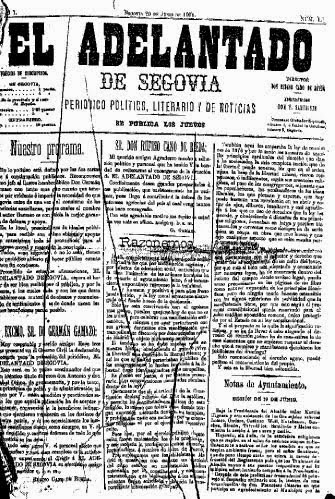 Walter Heubach (1865-1923) (via Wikimedia Commons)
Walter Heubach (1865-1923) (via Wikimedia Commons)When I had started going to school my uncle Pu used to read this tale to us, and I'm afraid that what particularly compelled me was "Halt das Maul, Weib," which is part of a tirade which strikes the adult eye and ear as misogynistic but seemed a lovely and reasonably wieldy insult to me back then. The following is my translation. Outside of the tale I've only ever seen hedgehogs referred to as "Igel" in German, so for an informal and singular effect I've rendered "Swinegel" as "hedgepig," borrowing from Macbeth, though presumably Shakespeare's hedgepig is literally a different beast. As for the tale itself, it is brimful of class resentment, and not quite as hoity toity in its language as other Grimm fairy tales though the dialect is highly intelligible to the High German speaker, and I'm afraid that, being a snob like the hare, it strikes me as a little vulgar.
As always, the accuracy of the translation is rather a matter of fortuity than of certainty.
***
THIS tale must be told with a lying tongue, boys, but true it is after all, because my grandfather, from who I have it and who told it to me with great contentment, was wont to say thereby, "True must it be, my son, or else you could not tell it."


